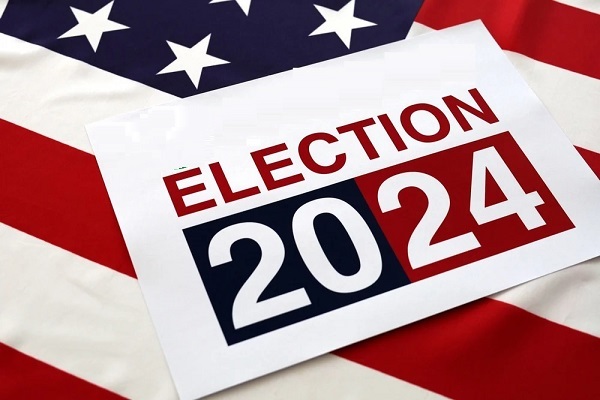
Listen HERE
The Summer of Strikes in Los Angeles continues, with hotel workers picketing hotels from Santa Monica to downtown on July 4 weekend, plus Teamsters preparing to strike UPS and Actors in negotiations with the studios. Harold Meyerson reports.
Also: After affirmative action: what should progressives do to help people of color and other working class students attend college, and pay for it? John Nichols comments.
Plus: what does it mean to be a politically committed
writer? That’s the central question of Adam Shatz’s new book, “Writers and Missionaries: Essays on the Radical imagination.” Adam is The Nation’s former literary editor and the US editor of the London Review of Books. 7-6-2023










